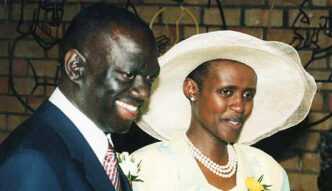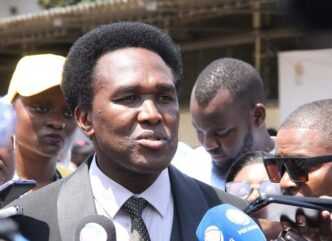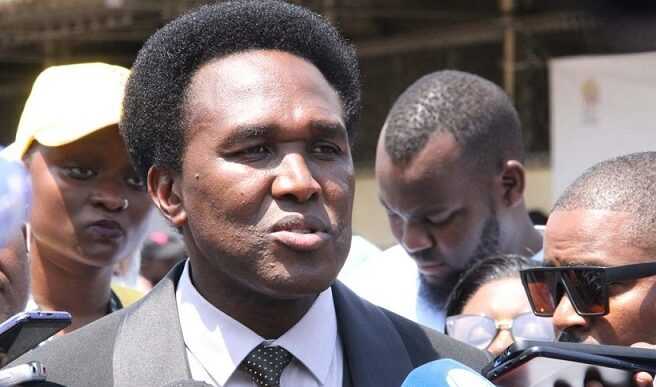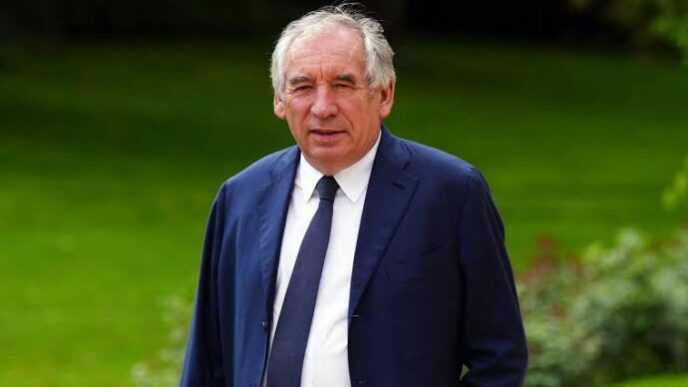Winnie Byanyima, wife of detained Ugandan opposition figure Kizza Besigye, has criticized the ban on Christmas visitors for prisoners as “cruel and inhumane.”
The seven-day restriction, announced by prison authorities to prevent “potential security lapses,” began on Christmas Eve, barring families from visiting inmates during the festive period.
Besigye, 68, remains in Luzira Prison, facing charges in a military court for alleged possession of pistols and attempting to purchase weapons abroad, accusations he denies. His trial has been postponed until January 7, dashing his family’s hopes of celebrating Christmas together.
Byanyima, who leads the UN’s organization tackling HIV and AIDS, expressed her intention to camp outside Luzira Prison to see her husband and deliver his food. “I’m not leaving Besigye’s food at the gate. I will go there and see my husband because I don’t trust them with him even for a single day,” she told the BBC.
She described her husband’s living conditions as harsh, confined to a “tiny little room” behind six prison gates. “Maybe I will take a tent and sleep there… if that’s what they want,” she added.
Besigye, a veteran opposition leader and four-time presidential candidate, has long been at odds with President Yoweri Museveni’s administration. Although he did not run in the 2021 election, Besigye returned to the spotlight after his alleged abduction in Kenya last month and subsequent forced return to Uganda.
The charges against him and his aide, Obeid Lutale, have been dismissed as politically motivated by critics, but prison officials insist their actions are strictly procedural. Uganda Prisons Services spokesperson Frank Baine Mayanja defended the ban, citing concerns about potential prison breaks during the festive period.
“Christmas causes excitement, and majority of prisoners do not want to have Christmas inside,” Mayanja told NTV Uganda, adding that the leadership changes at Luzira Prison were unrelated to Besigye’s detention.
This marks the second time Besigye has spent Christmas behind bars. In 2005, he was arrested on treason charges, which were later dismissed, and accused of rape in a separate case, allegations he called politically driven.
Besigye has objected to being tried in a military court, arguing that such cases involving civilians should be handled by civilian courts. While Uganda’s Constitutional Court has ruled against the practice, President Museveni defends the use of military courts, stating they are more efficient for cases involving firearms.
Opposition parties have long accused Museveni’s government of stifling political competition, while his supporters credit him for maintaining stability during his nearly four decades in power.
Read More:















